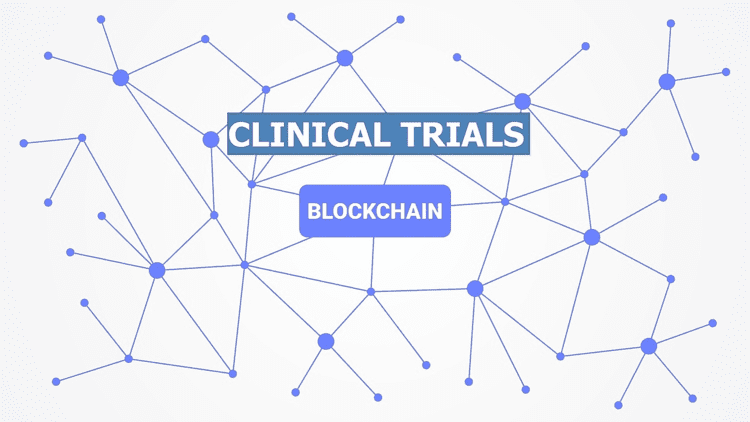How Blockchain Could Benefit Clinical Trial Data
27 October 2020 09:23, UTC
 The development of a new drug is both risky and expensive — on average, the process costs billions of dollars, and only around 12% of trials will produce a viable, market-ready product. More than $350 billion per year is probably spent on drug development, but much of that money leads to dead ends and pays for the administrative overhead of coordinating complex drug trials.
The development of a new drug is both risky and expensive — on average, the process costs billions of dollars, and only around 12% of trials will produce a viable, market-ready product. More than $350 billion per year is probably spent on drug development, but much of that money leads to dead ends and pays for the administrative overhead of coordinating complex drug trials.The major cost can easily dissuade pharmaceutical companies from investing in medications that are less likely to succeed. As a result, some potential treatment options may never be explored.
The blockchain, the distributed ledger tech that makes cryptocurrencies work, could have major implications for these clinical trials. A trustworthy, organized and universally available data source could help coordinate these trials and make the data easier to access. With the right implementation, the blockchain could speed up the notoriously time-consuming and costly clinical trial process.
The Challenges of a Clinical Trial
Administration, compliance and clinical record-keeping make the clinical trial process a major undertaking.In the first phase of every trial, the research team recruits a small pool of patients — usually several dozen — to learn more about how the drug works in practice. Special attention is paid to how the drug is metabolized by patients, as well as any possible side-effects. Researchers often collect follow-up data and additional health information weeks after the trial is completed — which may potentially be lost if information on a patient isn't properly recorded.
The next stages are similar but happen on a much larger scale. In phases 2 and 3 — and also 4, depending on the kind of drug being developed — even more patients are needed to ensure the drug's safety.
14-08-2020 11:07:19 | Guest posts
It's also important to consider that these trials are often happening in research centers around the world. This means that pharmaceutical companies aren't just coordinating international teams and trial groups — but also communicating with regulators and safety officials to remain compliant with various international drug safety laws.
How the Blockchain Could Help
There's strong evidence that better tech and systems can significantly streamline this process. For example, one major Japanese pharmaceutical manufacturer attained over 96% safety compliance for two years by adopting a new notification system that organized administrative files.Researchers have already started investigating how the blockchain could improve drug trials. One paper, from a team of researchers at the University of Missouri and the Pervasive Artificial Intelligence Research (PAIR) Labs Taiwan, described how smart contracts powered by the blockchain could streamline patient recruitment and retention.
29-06-2020 12:31:46 | Guest posts
Blockchain and the Medical Industry
The high cost of drug development and the continuing importance of new treatments means pharmaceutical companies will likely always be looking to make drug development more efficient.Blockchain technology, applied to the patient recruitment process, could streamline many of the current trial management processes' cumbersome administrative aspects. Over time, this could reduce these trials' costs — encouraging more treatment development from pharmaceutical companies.
01-06-2020 16:52:26 | News